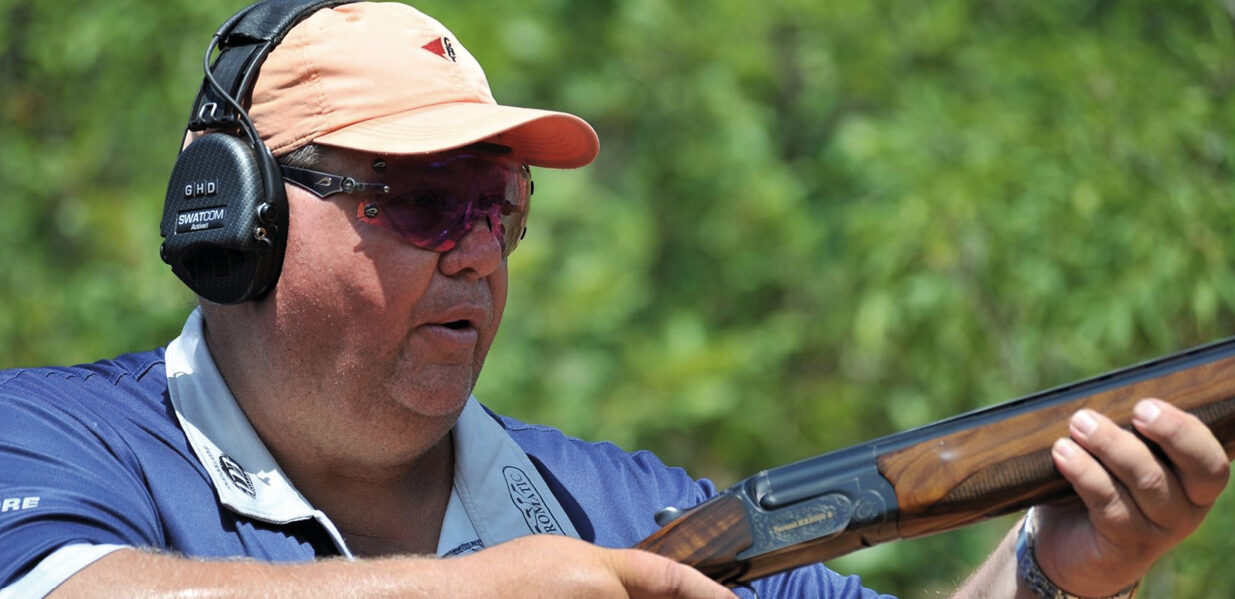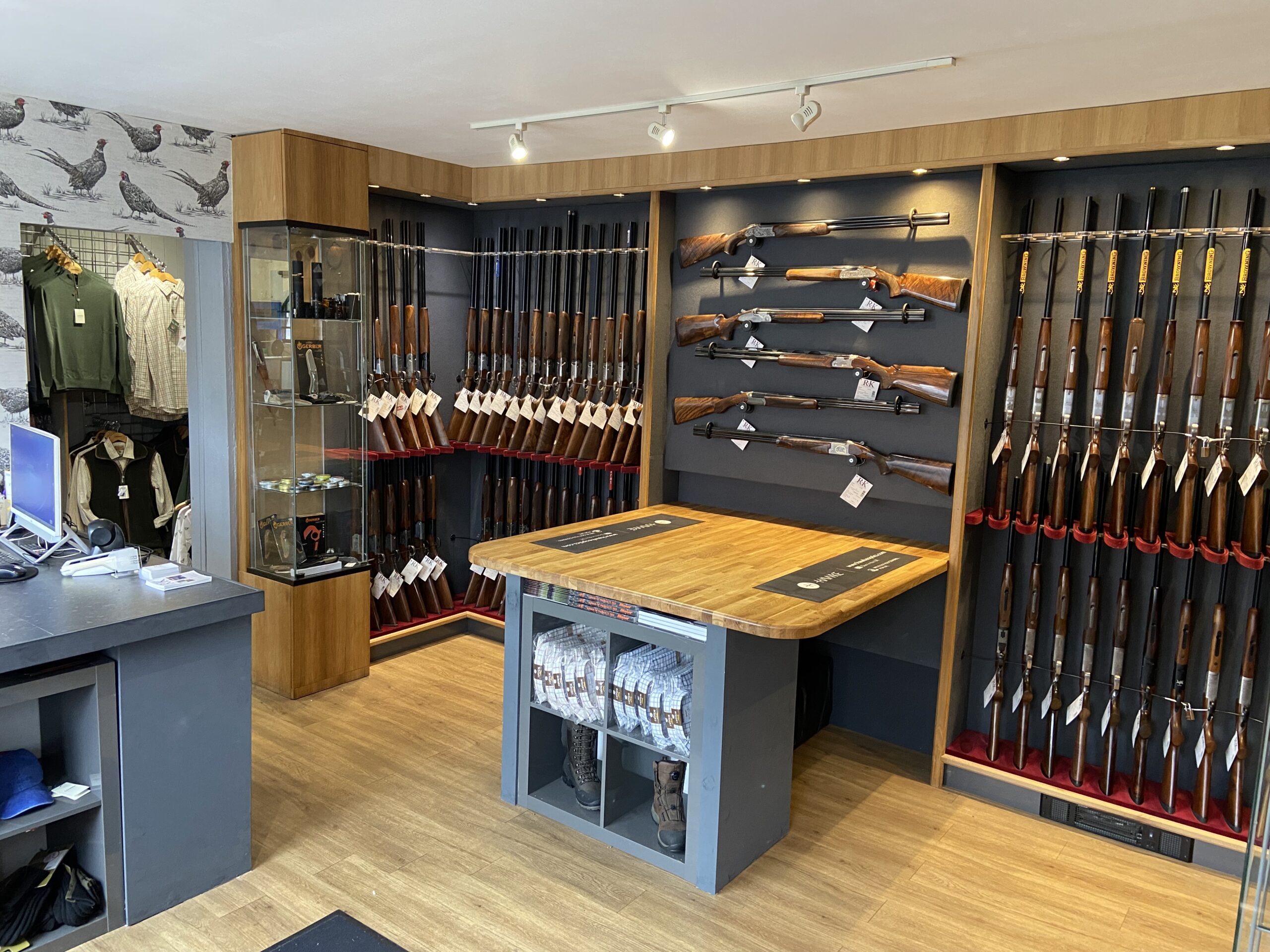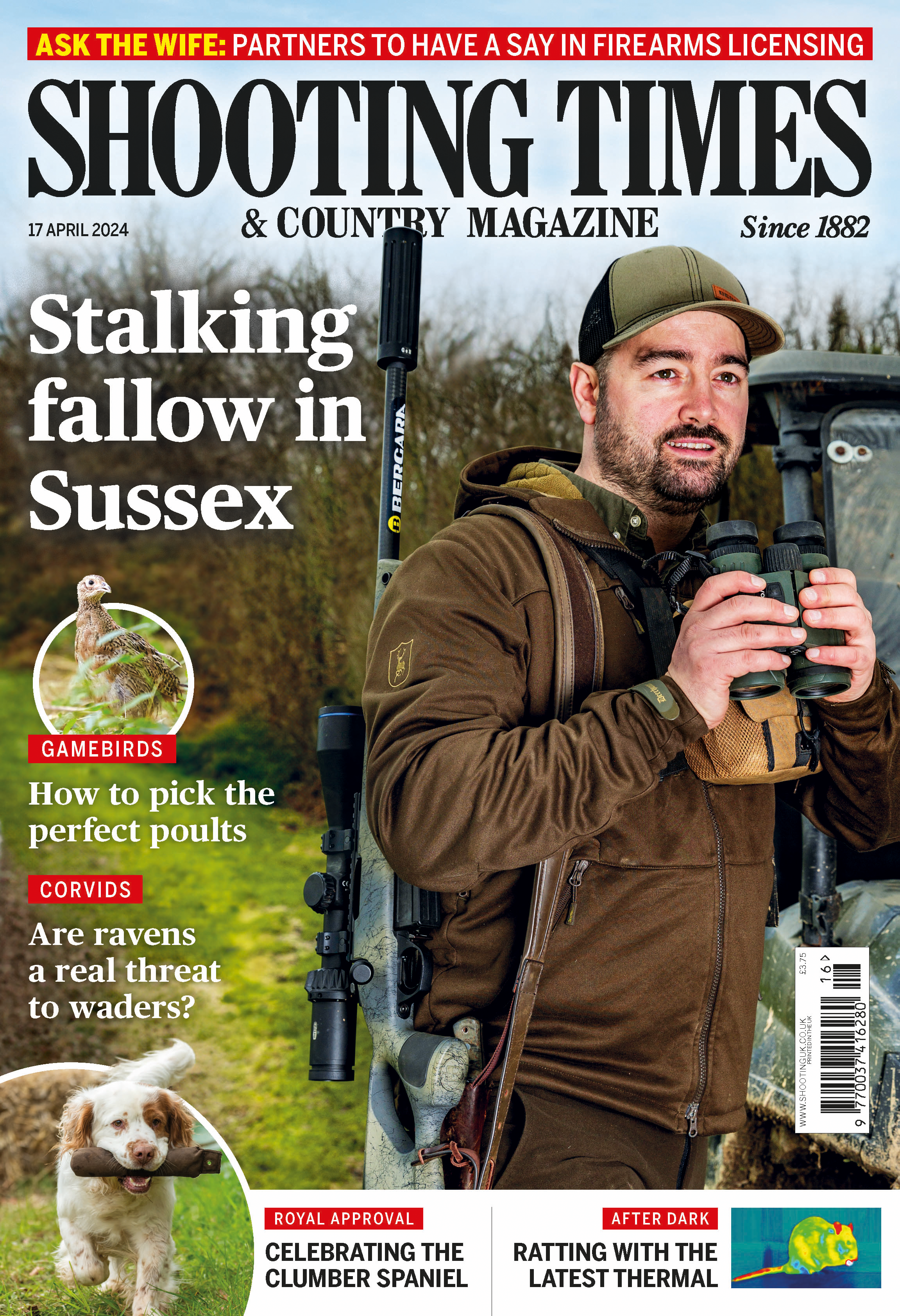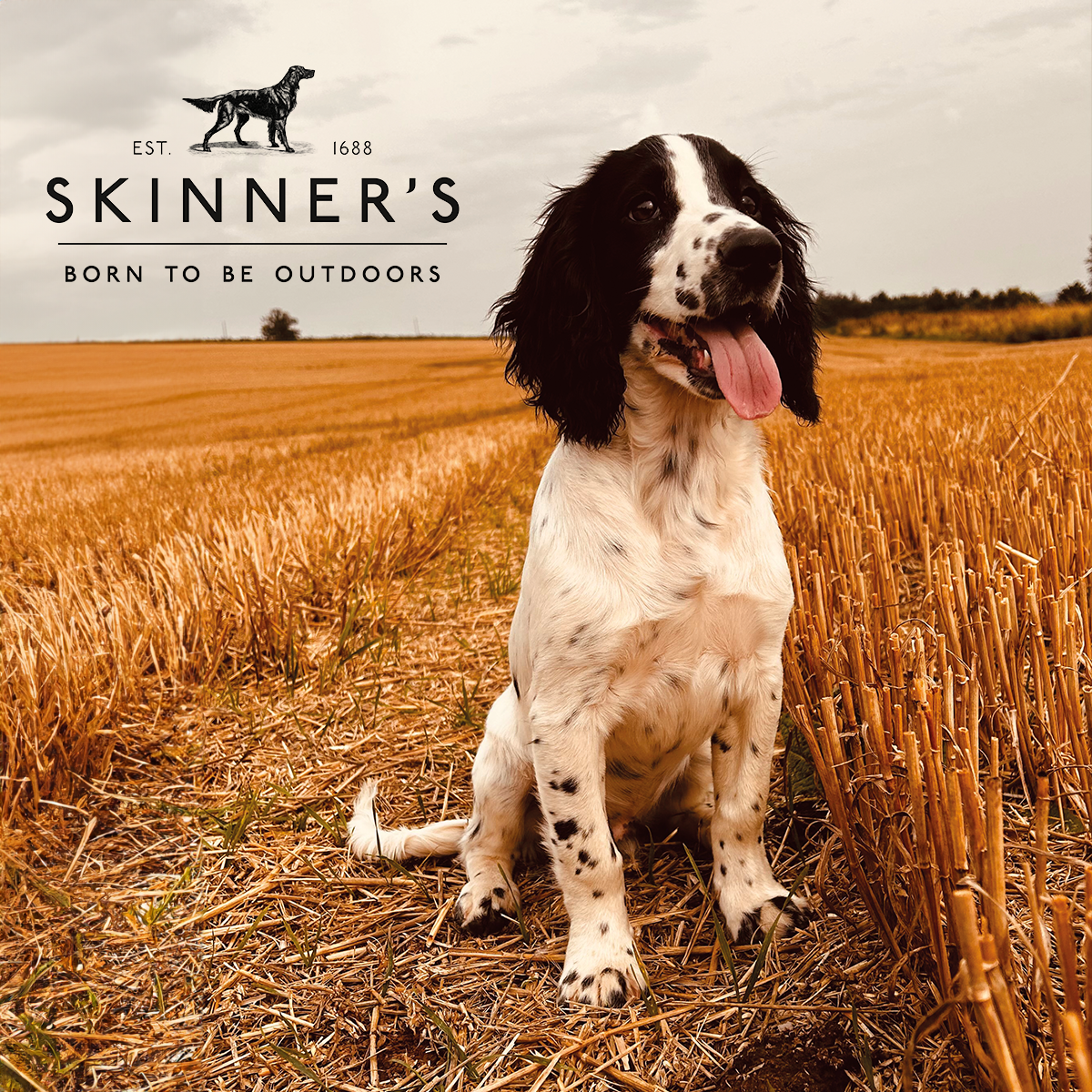Marketing your game
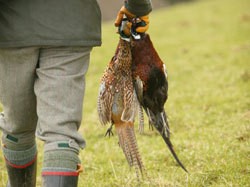
It wasn?t that long ago that a shoot which produced surplus game to the requirements of the Guns and beaters only had one option, and that was to sell it to the local gamedealer. Things have changed relatively recently, and it has now become possible to sell your game ? processed or still in feather or fur ? into the local market. There are, however, a few steps you will need to take to comply with the regulations and to stay on the right side of the law.
Shoots and stalkers who choose to sell directly to the general public have to meet some stringent food hygiene standards, but don?t let these put you off, as most shooters will already have the facilities in place, or can convert a building on the farm for very little, to meet these requirements. The other thing you will need to do is to take a course to certify that you are a ?trained hunter?. These game meat hygiene certificates are essential for those who are producing wild game meat.
Alan Barrell, who teaches the National Gamekeepers? Organisation?s (NGO) game meat hygiene course, says that the one-day course is something that all shooters could learn from, even if they are just using the game for their own consumption. According to Alan, ?The NGO course, which is certificated by the Food Standards Agency, is a practical course that has an assessment element, but all of us who are producing game meat should look to take such a qualification. On every course we run, I am always pleased that the most experienced shooters and stalkers tell me that they have learned something very useful.?
Readying your premises
Once you have gone along and passed your course, you will need to find suitable premises to prepare your game for sale. David Wiggins, headkeeper at the Englefield Estate in Berkshire, wanted to open up new markets for the venison produced on the estate and to increase revenue by adding value to the product. He did this by selling it processed directly to the consumer. The estate already had the chiller and larder for hanging carcases, but David also wanted to be able to process the venison and a small quantity of small game, such as rabbits and pheasants, from the estate. He explained, ?We were lucky, really ? the bulk of the work was already done, and all I needed to do was to sort out the room next to the skinning plant and chiller. After a call to my local authority?s environmental health department, I had all the information that I needed to get things started.
?We needed to make sure that the walls and cutting surfaces were clean and washable, that we had a hand basin and that we could keep the feathered game and furred game separate. The health inspector came to look at the premises and gave it the all-clear, and it was registered as a meat processing facility with the local authority. The total cost to the estate was less than £600.?
Finding a market
David is now able to process and sell his game directly to the local consumer under the trained hunter?s exemption, as well as from his clean, authorised premises.
Producing your own game is one thing, but it is quite another to find a market for it. Haunches of venison and oven-ready gamebirds don?t sell themselves. For seven years Gary Salmon, from Northamptonshire, has been processing the pheasants and partridges on the Ashby St Ledger shoot that he is keeper on. He and his wife, Judy, lease the shooting rights and run a successful commercial shoot. The sale of game produced on the shoot is a valuable extra income source for them. Gary has been selling to local farmers? markets, shops, pubs and restaurants since they started the enterprise, as well as farm gate sales.
It is worth investing in this part of the business, but, as Gary explains, the investment of time is a large one. ?If Judy wasn?t able to help with the actual processing and selling of the game, I don?t know where I would find the time,? he says. ?With all the other duties that come with keepering and running a business, sometimes it is a distraction that isn?t welcome.?
Gary and Judy have invested in the game processing plant in a large way, with the intention of expanding the business one day. Gary continues, ?Using all of our game, processed on site by ourselves, not only adds value to the shot game, but also allows us to take the moral high ground with regard to food miles, and we derive pleasure from the fact that the game is produced and sold locally. It is no different from a small farmer growing and harvesting his own crop and then selling it directly to the final consumer, and, in a modern world, that can only be a good thing.?
Not everybody has large premises available like David and Gary do; some shoots will want to process just a few birds for the Guns to have as oven-readies, and for the local people who like to buy the odd brace here and there. Anyone can make more from their game with a much smaller investment than they might expect, and it is a lot easier than it was in the past.
Most rooms are suitable for conversion, and you can even use a shed, Portakabin or box trailer, as long as it meets the health and hygiene criteria and is approved by your local authority. Your local council environmental health authority will be willing to give you free advice on how to set up your processing facility, and you should contact them to make sure that you keep within the law before you start to invest.
An invaluable document for anybody who is thinking about taking the step into game production is the Food Standards Agency?s (FSA) Wild Meat Game Guide 2011. This publication explains all the things that are required of you before you start to process and sell your own game.
As well as the hygiene side of things, you will also need to keep within the law with regard to food labelling. If you are selling directly to the final consumer, then the labelling required is minimal, but if you are going to be selling the game to a local shop that, in turn, is selling it to the final consumer, it becomes more complicated. You will need to include various information about the product, such as place of origin and weight. That will also be the case if you are processing your meat into sausages, burgers or pies, but, once again, all of the information is freely available from your local trading standards department, and they will be more than happy to help. As a test, I phoned both my local trading standards and my local environmental health departments at the council, and I was pleasantly surprised by how useful they both were. They sent me all the information I needed and readily offered to come and do a site visit.
As long as you stick to the regulations, make sure that you have the correct qualifications and can find a market to sell into, both large and small shoots should be able to process and sell the game that they produce. This will not only increase the value of your business or syndicate, but will also make game meat more accessible to the general public.


